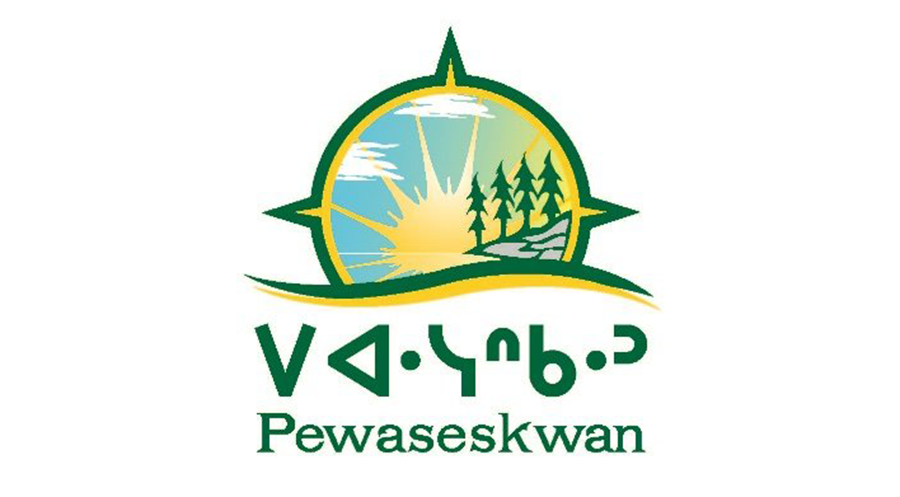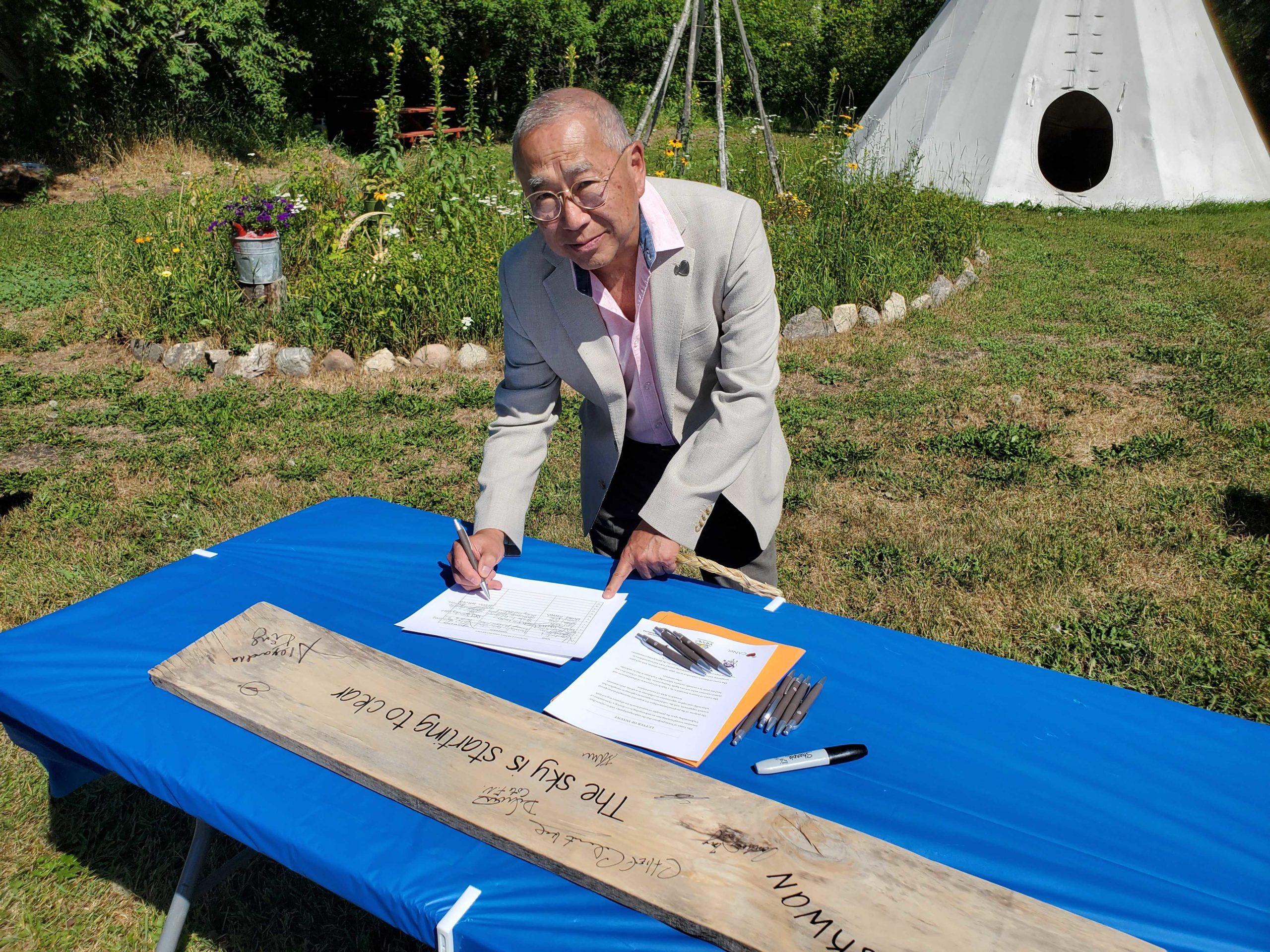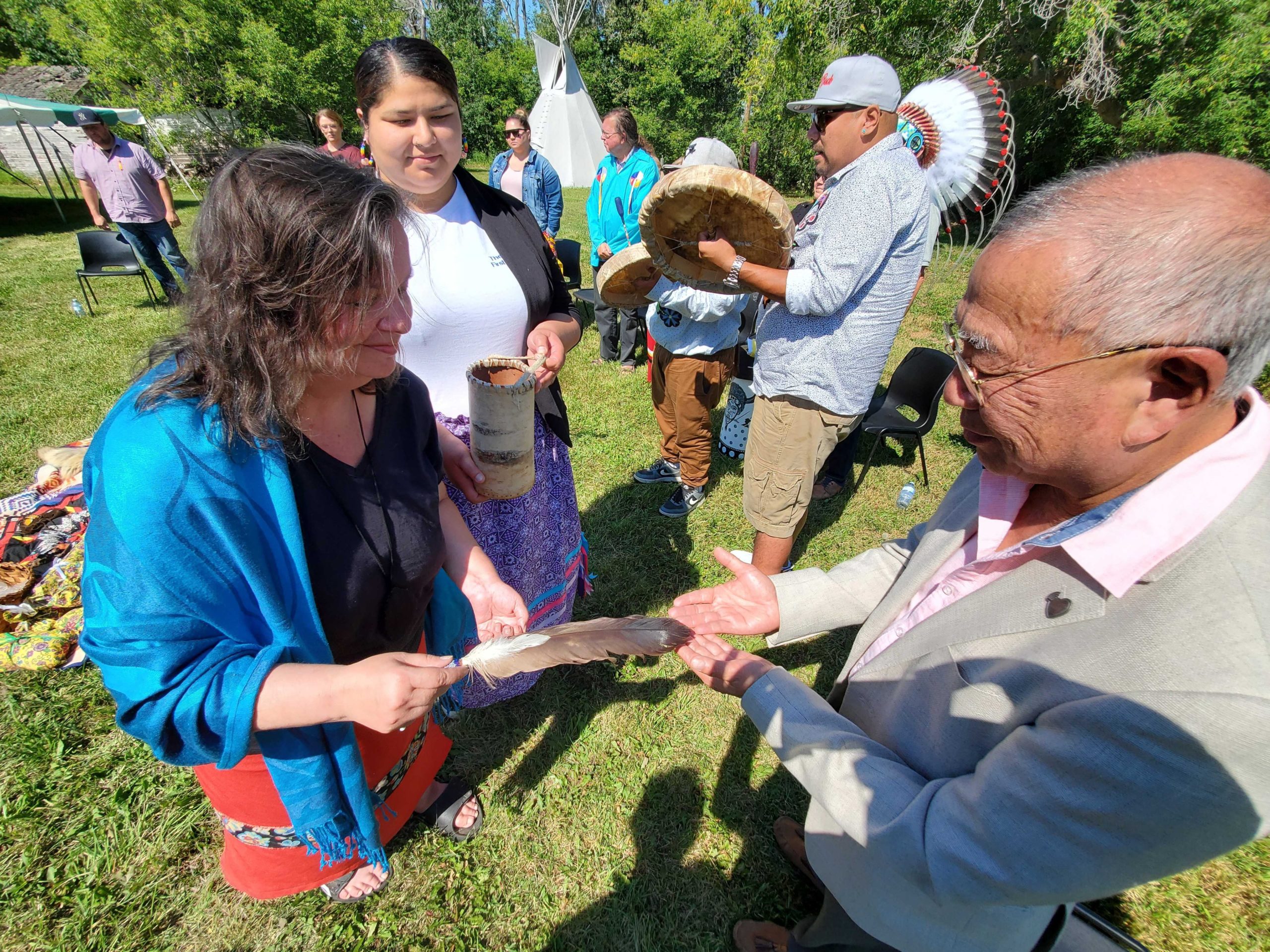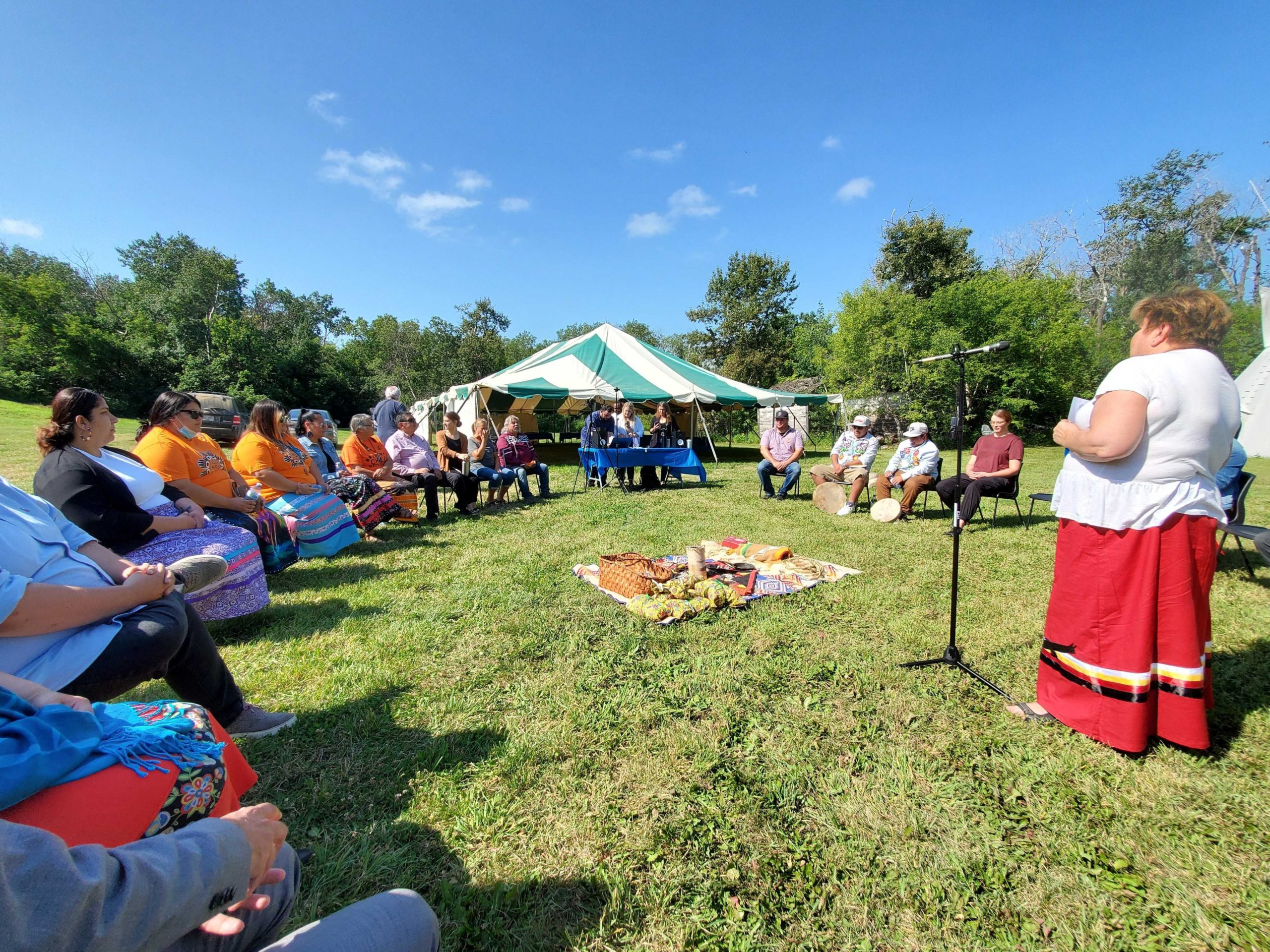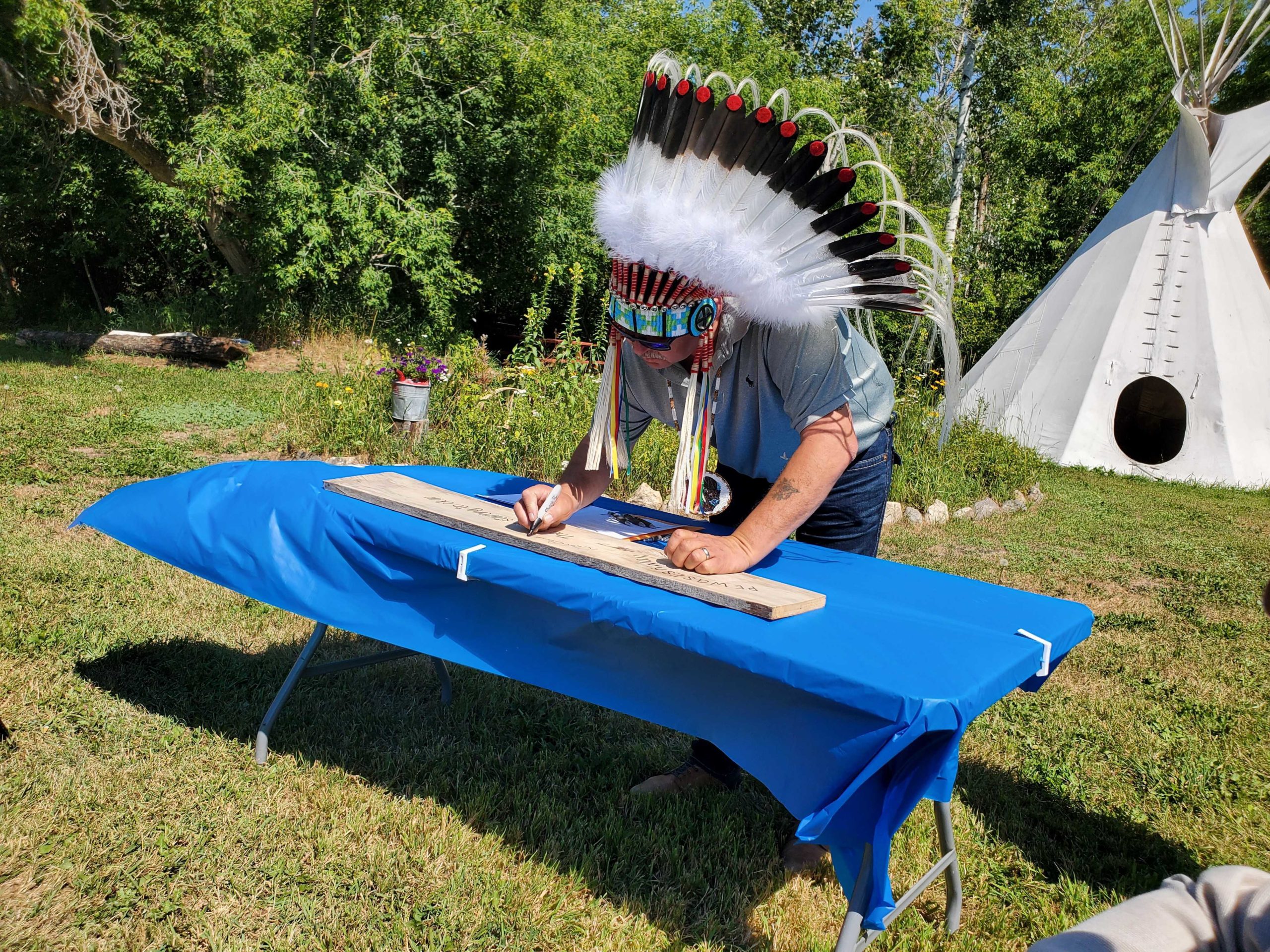Pewaseskwan at USask to work with The Key First Nation and Yorkton Tribal Council on researching heart disease and Kennedy’s Disease
ST. PHILIPS, SASK. – Pewaseskwan Indigenous Wellness Research Group (pewaseskwan) at the University of Saskatchewan (USask) has partnered with The Key First Nation and the Yorkton Tribal Council to support research on heart disease and spinal-bulbar muscular atrophy (SBMA), also known as Kennedy’s Disease.
Dr. Alexandra King (MD), of Nipissing First Nation and co-lead of pewaseskwan, said Indigenous people have higher rates of heart disease and Kennedy’s Disease, and to address this, there is a need for culturally responsive health research, services and programming that prioritize Indigenous knowledge systems, create ethical space between Indigenous and Western systems, and ensure culturally safe and resonant Western approaches.
To help accomplish this, pewaseskwan is prioritizing Indigenous voices in the research and the Yorkton Tribal Council and The Key First Nation have been instrumental in providing support.
“We are excited to partner with The Key First Nation and the Yorkton Tribal Council as we collaborate to ensure research regarding First Nations communities is community-led and culturally safe. Heart disease and Kennedy’s Disease have much higher-than-average rates in our communities, and we want to ensure our people play a strong role in the research to reduce the burden of these diseases,” said Dr. King.
Pewaseskwan, in partnership with the Cardiac Arrhythmia Network of Canada (CANet), will support the establishment of an Indigenous Peoples Engagement and Research Council (IPERC), consisting of Indigenous Elders, Knowledge Holders, people with lived/living experience of cardiac conditions, and Indigenous health leaders from various parts of Canada.

